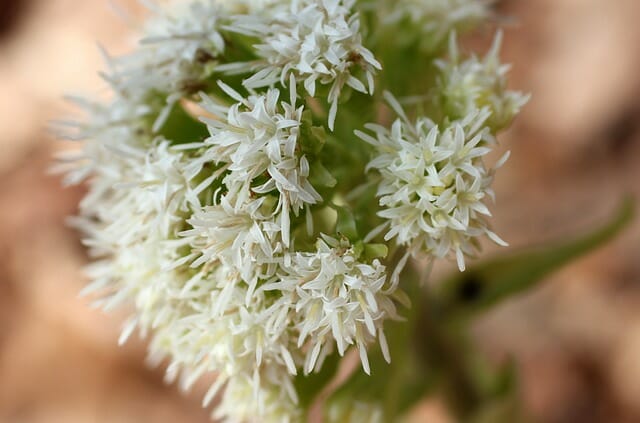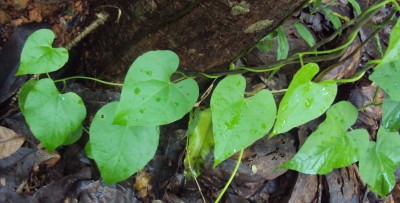If you are one of the millions of people who suffer from springtime allergies — sometimes called hay fever — then you already know that finding the perfect solution means finding ways to treat those annoying symptoms, rather than actually “curing” the problem.
Our ancestors used herbal remedies for thousands of years before the first commercially made anti-histamines were available.
I’m fortunate in that I have no known allergies to anything. My husband, though, is not so fortunate. But he did find a solution that seems to work remarkably well after following the recommendation of an old-timer who grew up in our area. (I’ll fill you in on that at the end of this article.)
Here are five herbs that are known to help bring relief from those springtime allergies:
1. Stinging nettle
If you have ever touched one of these plants (and I have), then you are probably thinking this idea is crazy, but I’m not suggesting that you eat fresh leaves! This plant, besides being rich in vitamin K and beta carotene, has been shown in studies to help relieve allergy symptoms almost as well as the usual prescription medications. You should start taking freeze dried supplements a few months prior to allergy season arrives in your area for best results.
2. Butterbur
Like stinging nettle, butterbur has been used for ages to help relieve allergy symptoms. This little plant opens airways to improve breathing due to its ability to inhibit leukotrine, which causes swelling of our airways. Butterbur also is said to work as well as drugs like Zyrtec, but without making you feel sleepy. Consume butterbur supplements a few months before hay fever strikes.
3. Tinospora cordifolia
Also known as guduchi or moonseed, this plant, native to India, has been used to treat hay fever symptoms for perhaps thousands of years in its homeland.
Discover The Unbelievable Healing Power Of Medicinal Clay!
The heart-shaped leaves of this plant have been reported to stop sneezing, itching, runny nose and watery eyes. The supplement is usually sold as a tablet and unlike other herbal supplements, you can take it just a week or so, or even when symptoms start, to find quick relief.
4. Ginkgo biloba
Although you might think of this as the energy herb, consuming this supplement also has been shown to help manage allergy symptoms. Ginkgo biloba works as a natural anti-inflammatory and also contains several antihistamines, which makes it a natural when it comes to stopping those allergy symptoms.
5. Reishi mushrooms
Sometimes called the mushroom of immortality for its numerous health benefits, Reishi mushrooms have been used as medicine by the Chinese and Japanese since ancient times. These mushrooms act as natural antihistamines due to the high level of compounds called lanostan, which inhibits the release of certain chemicals in the body. Reishi isn’t the type of mushroom you want to eat with a meal, however, as it is very woody and hard. The recommendation for allergy relief is to consume a supplement with 1,000 mgs three times each day.
Now, let me tell you what actually worked for my husband. I did not include it in the list because, technically, it’s not an herb.
I live in a secluded part of the mountains, among wonderful pine trees, oak trees and tons of wildflowers. While they don’t bother me, they certainly do bother my husband. An old-timer who has lived here all his life told him that he used to have allergies when he was young. However, he was given local honey when he was a youngster and he never had a problem with allergies again.
It seems as if everyone here raises bees, so getting local honey isn’t a problem. My husband took one tablespoon of raw honey from the local beekeepers here every single day. (He switched providers every time he finished a jar to ensure he would get a good mixture of wildflower honey.) It probably took a year, but one spring, he noticed that he hardly sneezed and had no other reaction to the pollen.
I’m not a doctor, but it only makes sense that this worked because he allowed his body to get small doses of the pollen and, over time, he developed an immunity or resistance to it.
I’m certain that if we travel and he encounters pollen from other plants that aren’t indigenous to our part of the world, his symptoms will return. However, for now, isn’t this a sweet little trick to stop allergies where you live?
What advice do you have for stopping springtime allergies? Share your tips in the section below:
 Off The Grid News Better Ideas For Off The Grid Living
Off The Grid News Better Ideas For Off The Grid Living





